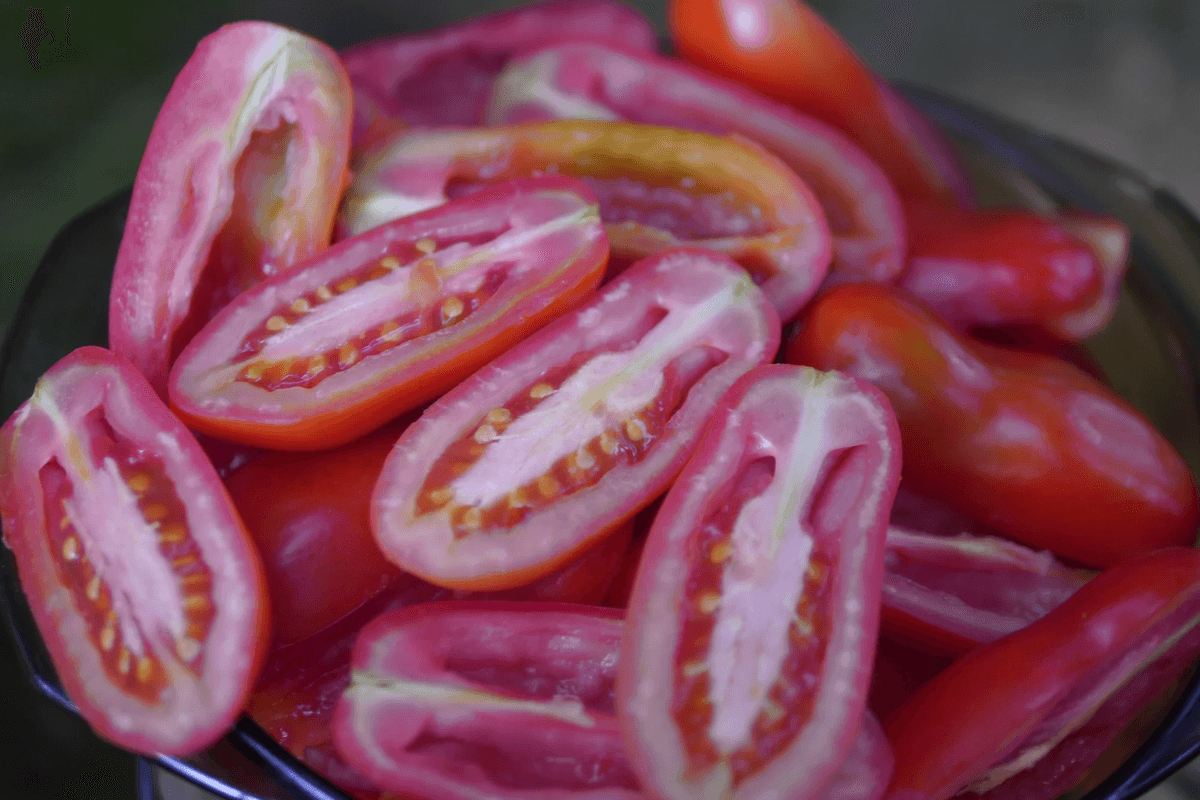

Hokianga Heirloom Tomatoes
San Marzano
Cultivated beneath Mount Vesuvius
The San Marzano tomato is one of the most iconic plum tomato varieties in the world, especially renowned for its use in sauces. It originated in the small town of San Marzano sul Sarno in the Campania region of southern Italy, near Naples. According to legend, the first seeds were gifted to the Kingdom of Naples by Peru in the 18th century, around 1770. Over time, through careful selection and cultivation in the rich volcanic soils near Mount Vesuvius, the San Marzano tomato evolved into a prized variety.

Due to its cultural and culinary importance, true San Marzano tomatoes have Protected Designation of Origin (PDO) status under European Union law. This means that genuine San Marzanos must be grown in a specific area of Italy and follow strict cultivation and processing guidelines. Outside Italy, many tomatoes are labeled "San Marzano-type," but only those from the designated area can carry the official name.
San Marzano is the gold standard for sauce tomatoes. Its centuries-old legacy, connection to Italian cuisine, and unmatched flavor have earned it a place of honor in kitchens around the world. Whether used in pizza sauce, pasta, or homemade tomato paste, San Marzano delivers classic flavor with every bite.
I suffered a little from Blossom End Rot in my San Marzano tomatoes.
I found information in Craig LeHoullier's book, “Epic Tomatoes: How to Select & Grow the Best Varieties of All Time”, that this is something that plum tomatoes, e.g. Romas, can suffer from.
Page 189 in Craig's book examines this problem, giving an in-depth explanation of its causes and prevention. I was told it was a lack of calcium in the soil, but it's more a combination of factors, all of which can be addressed to combat this problem. I'm in the process of designing a problem-solving section.
“Ka ora te kai, ka ora te whānau.”
When food thrives, the family thrives.San Marzano’s story is about feeding many, stretching across seasons, and connecting generations through food.
© 2025 Tomato Love | Epic Tomato Source for heirloom seeds and seedlings grown in Hokianga. Cultivated with love, history, and mana.
“He iti, he pounamu.”



